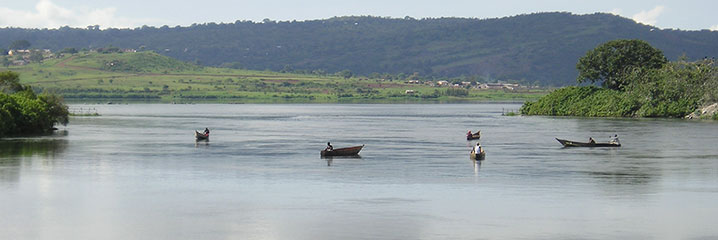Entebbe 2016: Advancing a global work programme for rights-based approaches in fisheries

The Lake Victoria Fisheries Organization (LVFO), a technical institution of the East African Community on Fisheries and Aquaculture, organized the global workshop “Entebbe 2016: Advancing a global work programme for rights-based approaches in fisheries”.
Entebbe 2016 was held in Entebbe, Uganda from 1-4 March 2016 with support from the Food and Agriculture Organization of the United Nations (FAO).
The key purpose of the workshop was to gather stakeholders’ views on how to advance a global work programme for the FAO on tenure and rights-based approaches for capture fisheries and also, to find common ground and options for empowering the future for fishers and fisheries.
Attended by 36 participants from 21 countries, discussions covered the content for a FAO Global Work Programme covering six key thematic areas of:
- political economy and governance,
- delineation of rights and processes,
- capacity development,
- financing,
- enhancement / diversification of livelihoods, and
- international user rights and tenure.
The programme consisted of scene-setting presentations that focused on areas of interest and related to practices of tenure and rights in fisheries, discussion panels that provided a diverse range of perspectives from various stakeholders, including governments, subject matter specialists, Non-Governmental Organizations (NGO’s), Civil Society Organizations (CSOs), and working groups that reported back during plenary sessions on their results of their deliberations. Entebbe 2016 participants went through each thematic area and made recommendations on how these could be improved.
As a result of Entebbe 2016, during 32nd session of the Committee on Fisheries, FAO member states welcomed a Global Work Programme to Advance Knowledge on Rights-based Approaches (GWP) for marine and inland capture fisheries as part of enhancing food security and nutrition, eradicating poverty and achieving the Sustainable Development Goals (SDGs).


